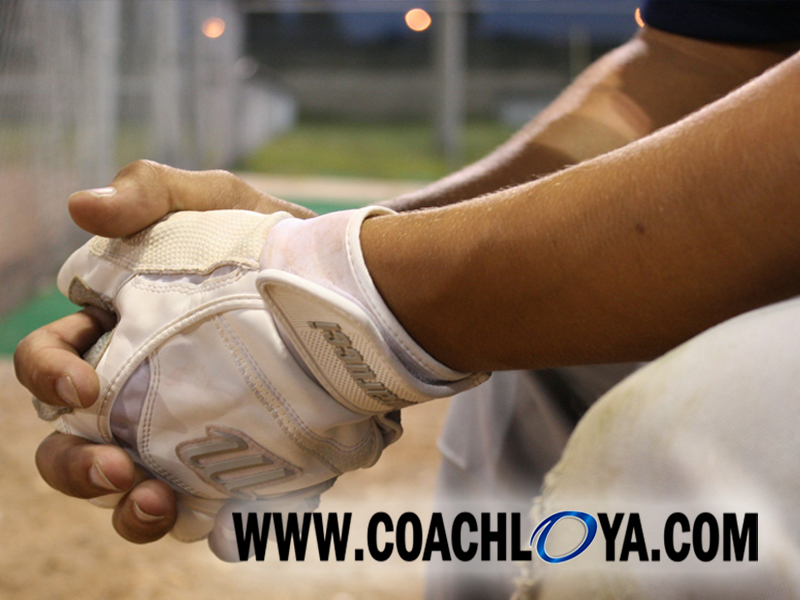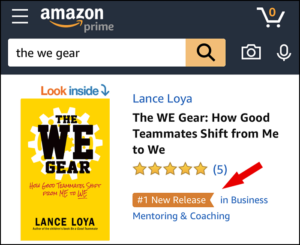Of all the unpleasant things I’ve heard parents utter from the bleachers at youth sporting events, I find one phrase to be the most unsettling: “He/She is playing him/her out of position.”
The “he/she” being the coach, and the “him/her” being that parent’s child.
I hate hearing parents use this phrase because it reeks of selfishness. The phrase is classic Me Gear logic. (Want to know more about this? Read my new book The WE Gear.) Any parent who thinks this way is unnecessarily setting their child up for future failure.
When parents complain about a coach playing their child out of position, my response is: So what?
First, coaches don’t make decisions during the season based on what’s best for your child. Coaches make decisions based on what’s best for your child’s team. That means your child may be asked to play a position or fulfill a role to which he/she is not ideally suited—for the betterment of the team. The coach’s decision is not personal.
Second, parents who blame a coach for playing their child out of position are overlooking an important learning opportunity and a teachable moment. Being asked to sacrifice individual interests for team interests happens all the time on all types of teams. Available personnel and resources dictate the necessity to operate under such confines.
When children enter the workforce, they will be confronted with this reality. How parents approach the issue now will influence how children handle the encounter in their job.
If you, as a parent, approach the issue from the perspective of the coach wronging your child by playing him/her “out of position,” you will teach your child to bulk at making personal sacrifices for the good of the team. You will reinforce selfishness and encourage thinking in terms of what’s best for them as an individual as opposed to what’s best for their team.
Right now, their primary team is their sports team. But eventually, their primary team will be their place of employment, their community, and their family. None of those teams function properly when individual interests are the basis for their members’ decisions.
Coaches are human and, if you’ll pardon the cliché, sometimes they are so close to the trees that they can’t see the forest. Your child may be playing in a position that is not conducive to him/her achieving peak results. But it’s a mistake to approach the situation from the perspective of the coach playing your child out of position. Coming at the issue from that angle will force the coach to become defensive and perceive your motives to be self-serving.
Focus instead on what’s best for your child’s team and you may get a much different response. Approach the situation from the perspective of “I think my child could help the team more if he was to play another position.” This simple alteration in perspective could be the difference in your words being received as a vested contribution rather than an unwelcomed critique.
Good teammates take this approach and understand it to be the preferred perspective.
As always…Good teammates care. Good teammates share. Good teammates listen. Go be a good teammate.
The WE Gear is currently the #1 New Release on Amazon.com
If you haven’t picked up a copy yet, NOW is the time! CLICK HERE TO ORDER THE BOOK





